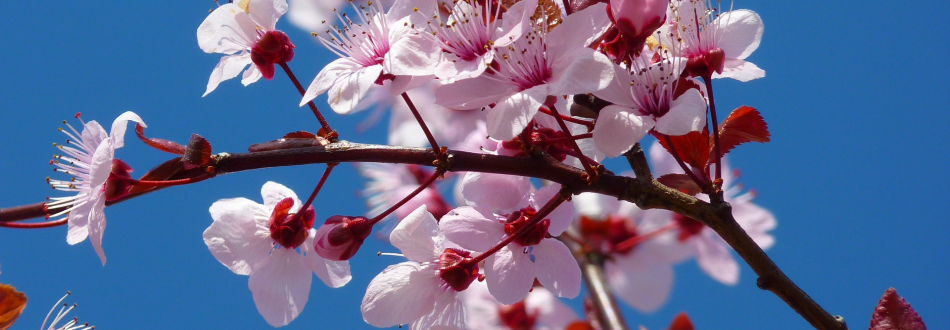
Wildlife-friendly gardeners may be encouraging birds to grow longer beaks according to scientists.
A team of international researchers found that British great tits have evolved significantly longer beaks than those in mainland Europe, leading to speculation that the phenomenon may be linked to the increasing number of bird feeders in gardens.
They studied a population of over 3000 great tits in Wytham Woods, Oxfordshire, and in two locations in the Netherlands. They found the beaks of birds in the UK are growing longer, particularly since the 1970s. The average beak of a British great tit now measures 0.3mm longer than their European cousins.
The team found birds with the longest beaks were more frequent visitors to bird feeders. Long-beaked birds were also more successful at breeding in the UK – but not in the Netherlands.
‘Although we can’t say definitively that bird feeders are responsible, it seems reasonable to suggest that the longer beaks among British great tits may have evolved as a response to this supplementary feeding,’ said researcher Dr Lewis Spurgin, of the University of East Anglia.
Gardeners in the UK spend about twice as much on feeding garden birds as people in continental Europe, some £334 million, compared to just £167 million across the Channel. At the same time, populations of great tits are booming, with a steady rise since the 1960s: this year it was the eighth most frequently spotted bird in the RSPB’s Big Garden Birdwatch.
You can help the rise and rise of the great tit – long beaks and all – by encouraging them into your garden with a selection of bird feeds right through the year. Now is a particularly good time to start putting out bird feed, as winter is on the way: tits particularly enjoy energy-giving fat balls, seeds like nyger and sunflower seeds, and mealworms.







